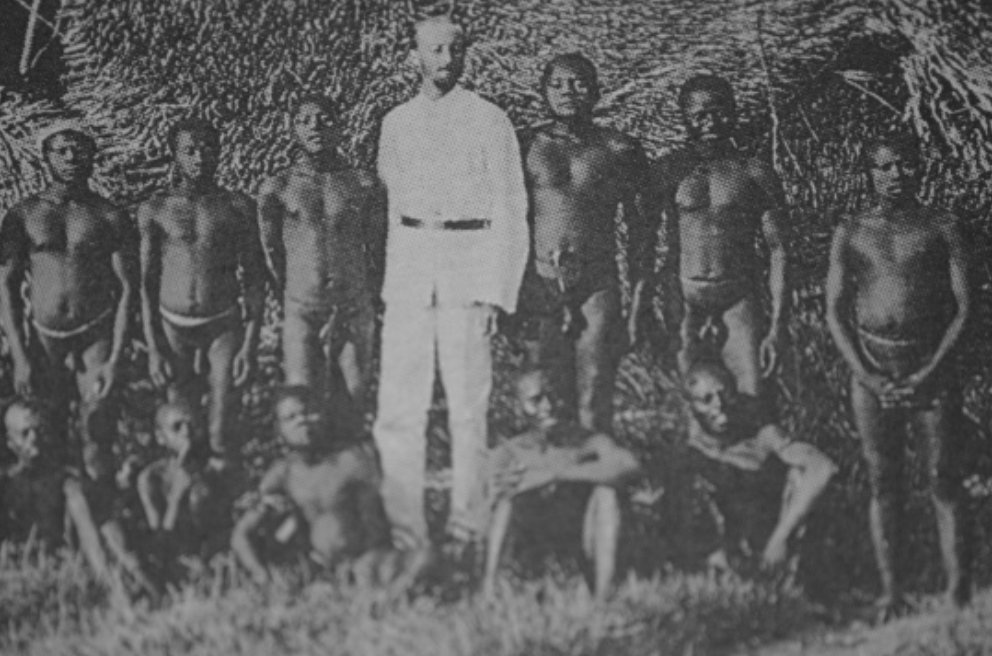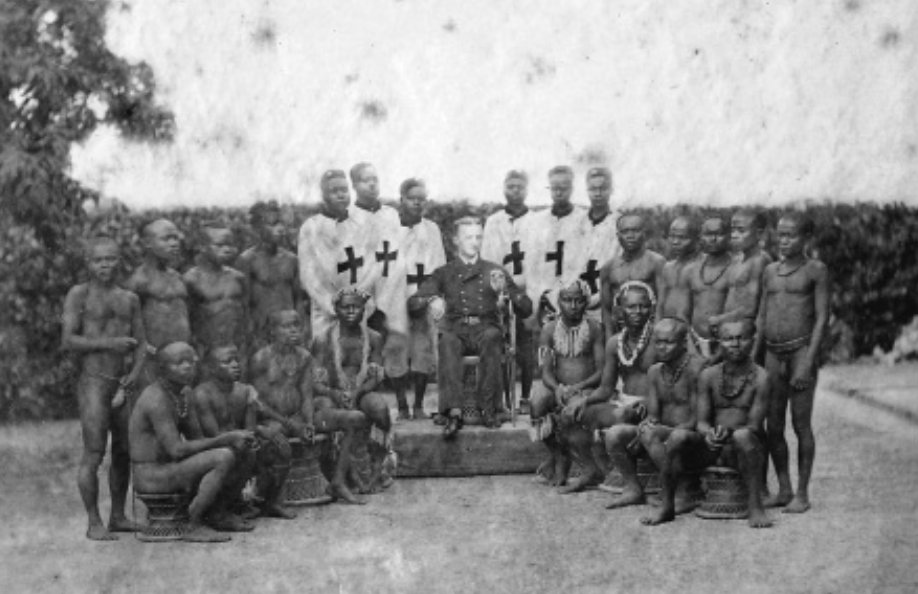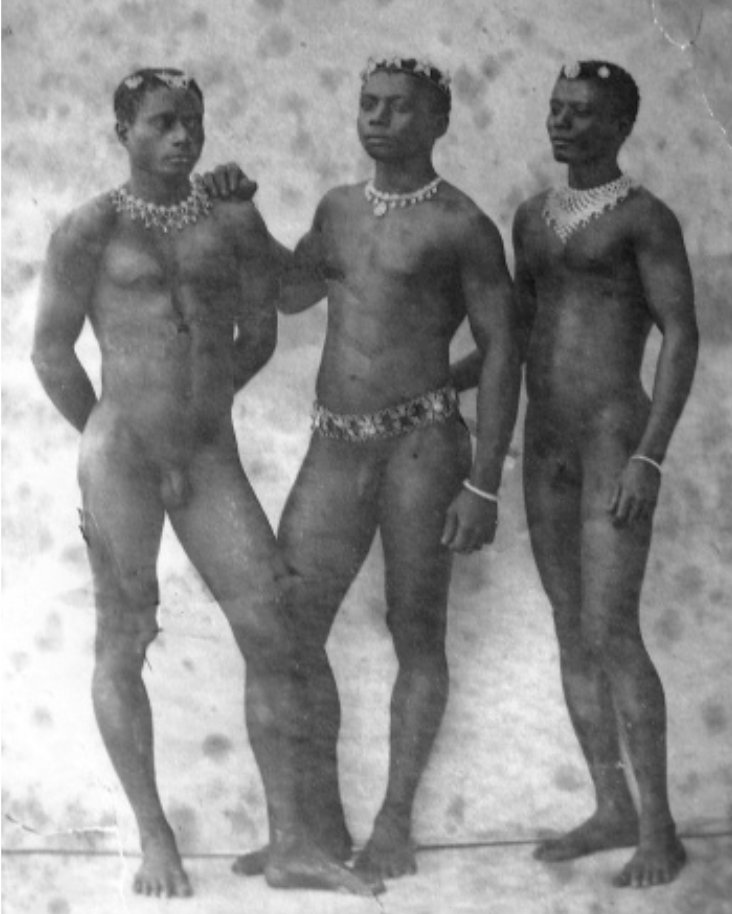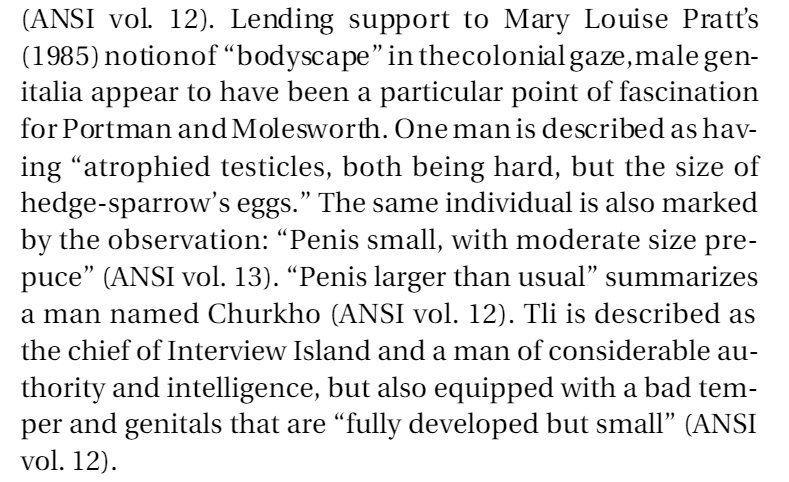“We don’t negotiate salaries” is a negotiation tactic.
Always. No, your company is not an exception.
https://t.co/F51Mfrr8aM
"we don't negotiate salaries" really means "we'd prefer to negotiate massive signing bonuses and equity grants, but we'll negotiate salary if you REALLY insist" https://t.co/80k7nWAMoK
— Aditya Mukerjee, the Otterrific \U0001f3f3\ufe0f\u200d\U0001f308 (@chimeracoder) December 4, 2018
I have seen this happen *extremely* rarely, mostly to women, and anyway is a giant red flag. It suggests you probably didn’t want to work there.
Instead, negotiate hard, use your privilege, and then go and share numbers with your underrepresented and underpaid colleagues. […]
Take your higher salary and the leverage that comes with it, and use it to make things more fair.
“But I don’t need more money!”
As if you could go to the company and tell them “you should pay me more, you see, I need more money”.
Don’t need the extra money? Great! Donate it, save it, escape debt, negotiate with more leverage, pick better jobs, retire early, whatever. It’s yours.
Higher comp if anything brings more organizational trust and respect, leading to less micro-management and wasted time, because you are more valued.
https://t.co/eHcviO0ESu
























